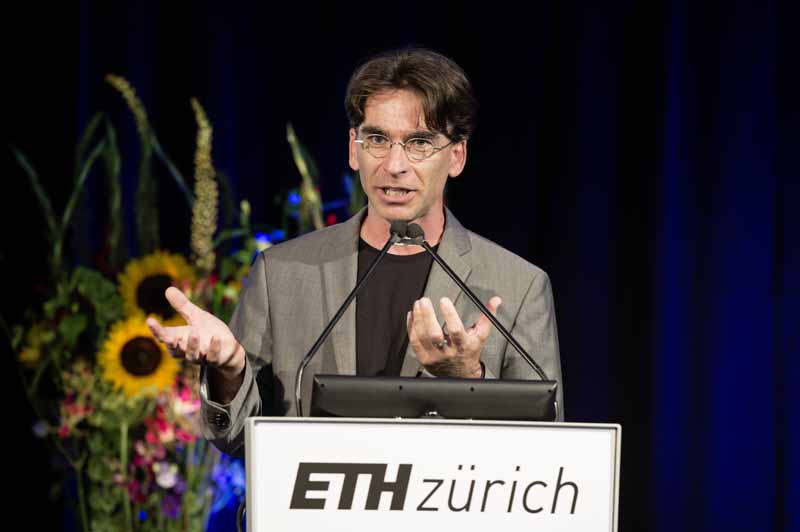Principal Investigator

Prof. Dr. Sebastian Kozerke
Institute for Biomedical Engineering
ETH Zurich and University Zurich
Gloriastrasse 35
CH-8092 Zurich
Phone: +41 44 632 35 49
Curriculum Vitae
Sebastian studied Electrical and Biomedical Engineering and obtained his PhD degree and the Venia legendi from ETH Zurich in 2000 and 2005, respectively. In 2002-03 he was a research associate at the Division of Imaging Sciences at King’s College London. In 2003 he co-founded the startup company GyroTools to help translating imaging research into applicable prototypes for Magnetic Resonance (MR) experimentalists and clinicians. He was elected as a Professor and Chair of MR Physics at King’s College London in 2008 before being promoted to Professor at the University of Zurich in 2010. In October 2014 he joined ETH as a Full Professor holding a dual appointment also at the Medical and Natural Sciences faculty of the University of Zurich. He is the founder of EXCITE Zurich, a joint competence center to promote the development and application of experimental and clinical imaging technologies.
Sebastian is the author of more than 300 peer-reviewed journal articles and multiple patents. He is a dedicated and enthusiastic teacher and enjoys frequent invitations to the major conferences and workshops in the field. Besides awards for his research, he also received the Outstanding Teacher Award and became a Fellow of the International Society for Magnetic Resonance in Medicine.
Sebastian Kozerke’s research interests include Magnetic Resonance imaging methodology with focus on ultra-fast dynamic imaging of perfusion, function and cardiac mechanics. A number of contributions to the field of k-t undersampling and parallel imaging methods have permitted important advances in spatiotemporal resolution and scanning speed for various applications. Other fields of activity concern probing of microstructure of moving organs using diffusion imaging methods. Recent research work also includes real-time imaging of substrate metabolism using dynamic nuclear polarization techniques.